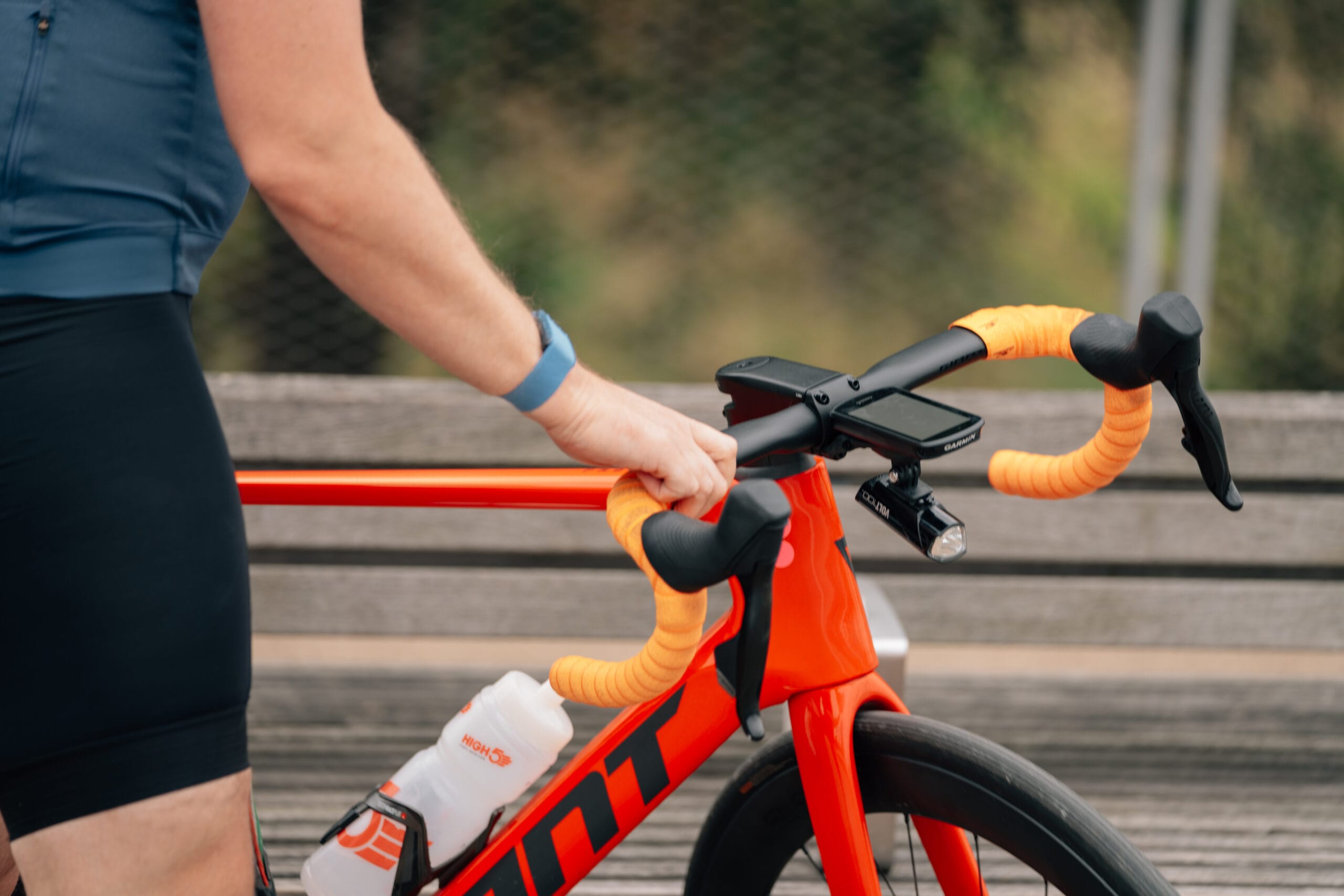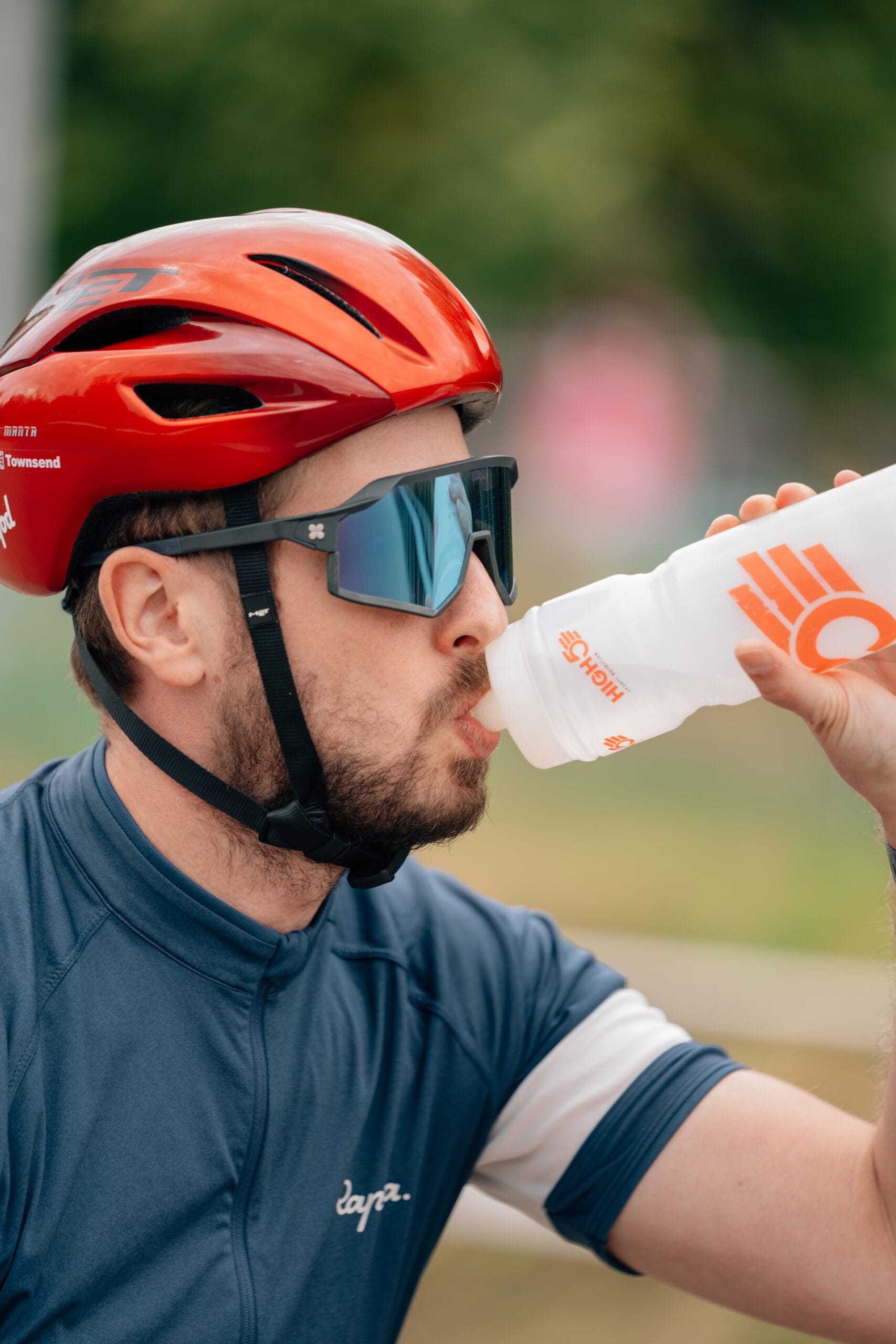Preparing for a Cycling Race and Knowing When to Rest

Pure Sports Medicine
- 21 September, 2018
- Cycling
- 3 min read
Generally speaking, if you are a regular recreational cyclist, you will have a good sense of whether or not you are fit to ride. However, there are a number of areas which should be taken into account in determining how well you are, and if that may influence your decision.

Systemic illness
This essentially refers to an intercurrent illness, for example an upper respiratory infection, which may result in a fever, a reduction in appetite and sweating. These symptoms are more generalised, and potentially have more severe implications than more localised features, such as a sore throat.
The phrase commonly used is a ‘neck check’. In other words, if your symptoms are below the neck (cough, shortness of breath, chest pain) or more generalised (fever, off-food, nausea) then that would be an indication not to ride. They are rare, but potentially serious, complications of significant exertion in these circumstances, including some cardiac issues.
It’s important to address how you’re feeling, whether that be with over the counter medication and rest, or seeing your GP, getting to the bottom of it and doing what is best for you in that period will help you in the long-term to get back on course with your training plan.

Hydration
Hydration may also reflect your general health status, or simply imply that your fluid intake is too low. Commonly available urine colour charts are easily accessible online, and offer an idea of your hydration status. It is important to note that other factors may alter urine colour, for example beetroot or certain medications, including multivitamins.
Perhaps a more accurate assessment of fluid loss is weight measurement. Clearly you can, and should, hydrate during a ride, but weighing pre- and post-ride indicates your weight loss in kg, and each kg reduction represents a one litre deficit. Due to ongoing losses (raised metabolic rate, ongoing sweat losses) a guide to fluid replacement is calculated at 1.5l per kg of weight lost.
It is recognised that a modest 3% reduction in hydration (i.e. approximately 2kg in an individual weighing 75kg) is sufficient to impact on physical and cognitive performance, and potentially increase injury risk.
Hydration and nutrition are key components of recovery.
Overtraining
It is very important not to overtrain.
Overtraining is a term which has largely ben superseded by Unexplained Underperformance Syndrome (UPS). This can be difficult to recognise as the symptoms may be vague and have a multifactorial cause.
This is a common issue in athletes (incidence is in the region of 10%) and symptoms may include: fatigue and unexpected sense of effort during training, history of a heavy training load, frequent minor infections, mood disturbance, impaired sleep quality, loss of libido, appetite, energy or competitive drive.
Programming a rest day into your exercise diary may provide some insurance against this developing. Keeping an eye on your resting heart rate (in bed, first thing on waking) and if there is any upward trend or you develop any of the above symptoms which don’t settle with appropriate reduction in exercise load then it would be advisable to seek advice from your GP or a Consultant in Sport & Exercise Medicine to exclude an underlying medical cause.
Preparing for a cycling race or event, or any sporting event, is tough and you are probably putting everything you have in to your training program, which is great! But the importance of recovery and checking in with yourself and how your feeling on a daily basis, should also be a key part of your preparation.
You want to be feeling your best on race day and pushing yourself too hard will only increase your risk of illness or injury. Make sure you factor in appropriate rest time to allow your body to recover from the demands you’re putting on it and come back stronger, able to perform on race day.
If you’re unsure how a training program may look with rest days, how often you should include them for example, speak to a Strength & Conditioning Coach as they can create a specific training plan that takes in to account your lifestyle, job, family and any other commitments you may have, as well as your training and appropriate rest days.
These simple but effective changes to your training plan could be the difference between feeling 100% at the start line, or less so.
Are you training for an upcoming cycling or triathlon event, such as RideLondon or The London Triathlon? Would you like help and support in preparing for your race?

Advice
Over the last 20+ years our experts have helped more than 100,000 patients, but we don’t stop there. We also like to share our knowledge and insight to help people lead healthier lives, and here you will find our extensive library of advice on a variety of topics to help you do the same.
OUR ADVICE HUBS See all Advice Hubs
